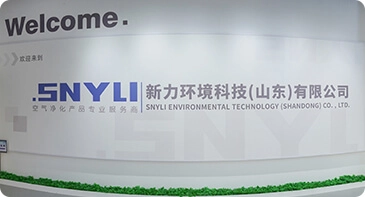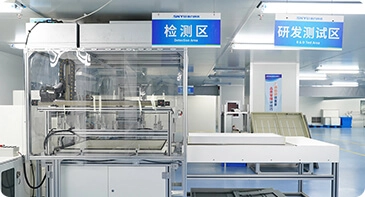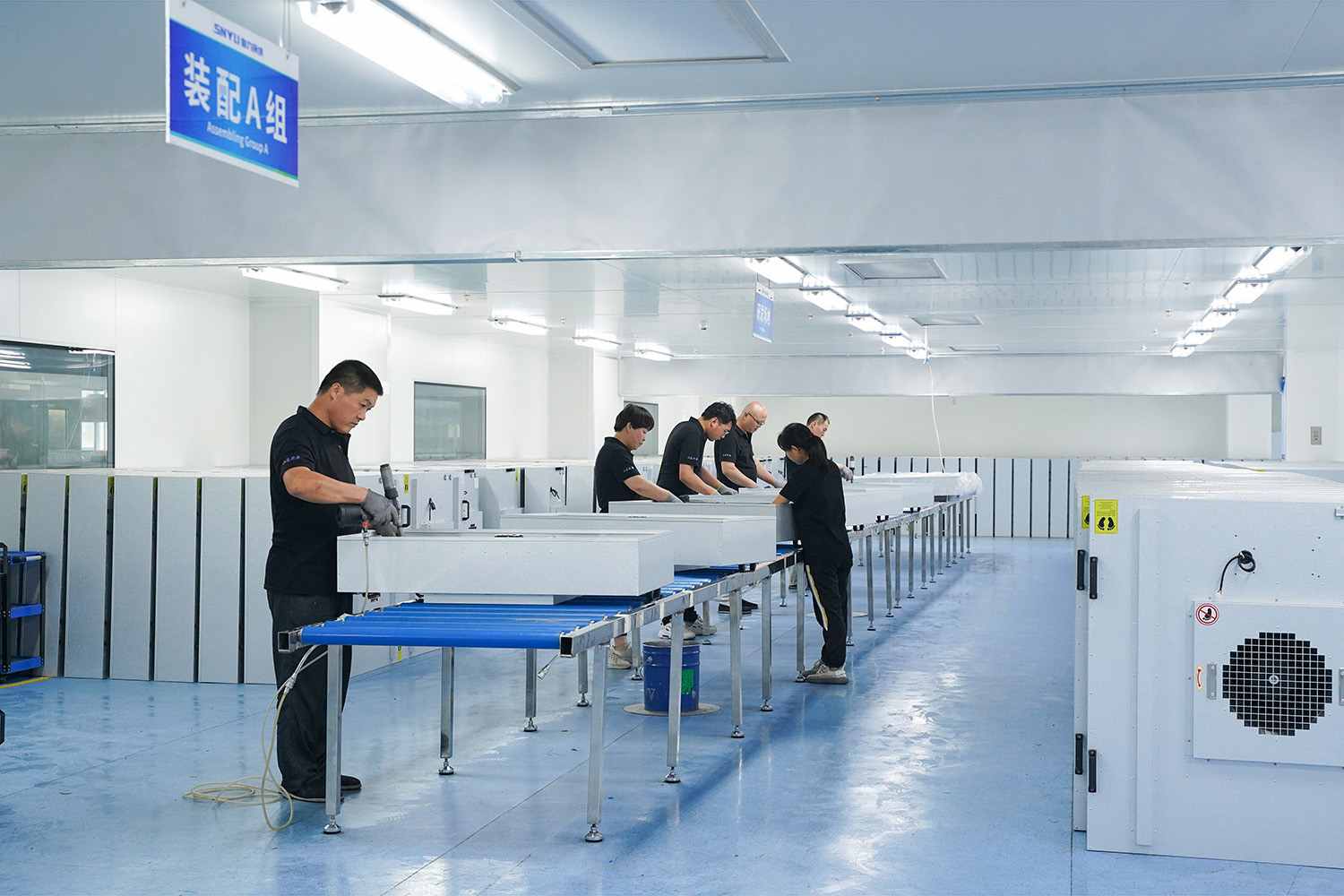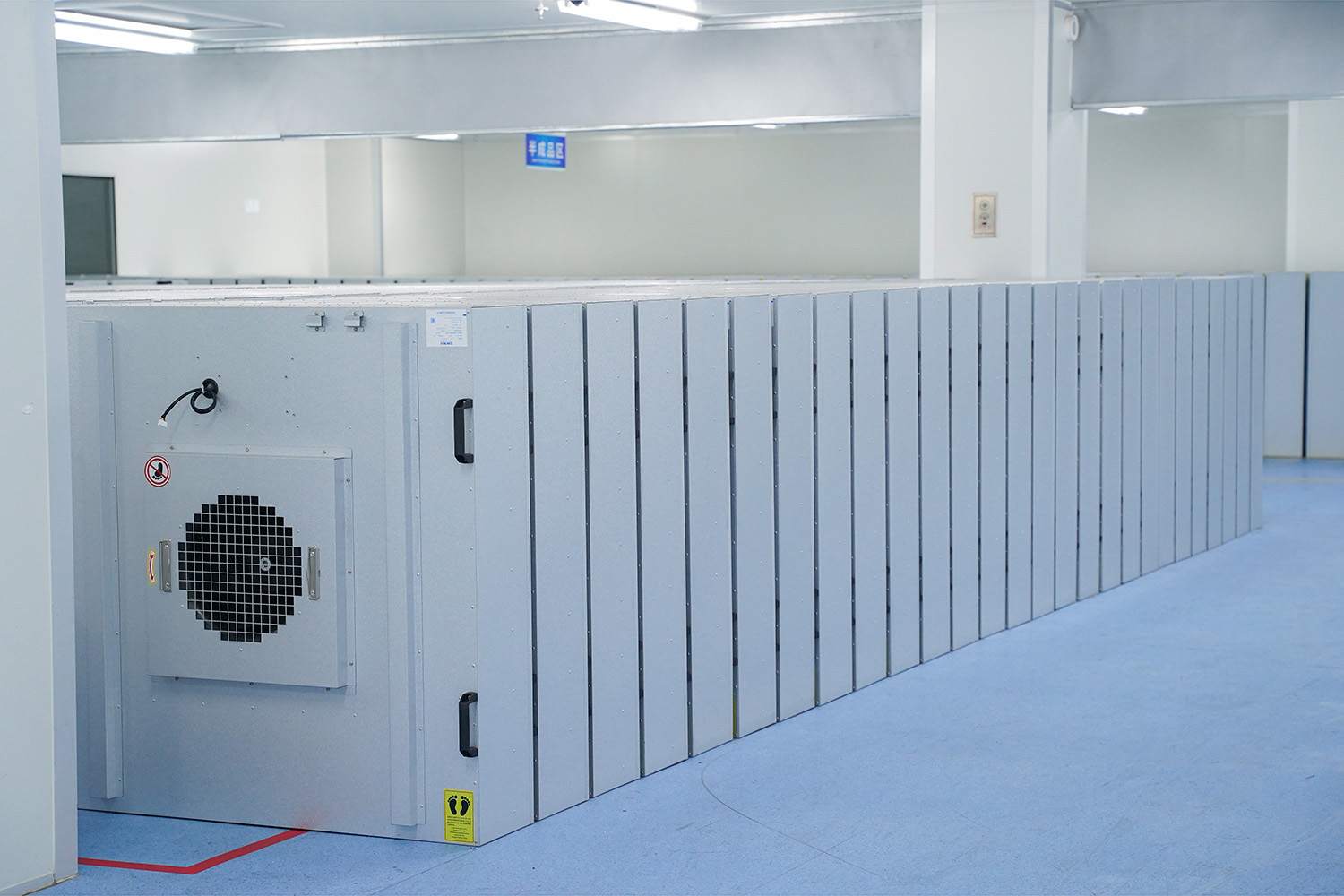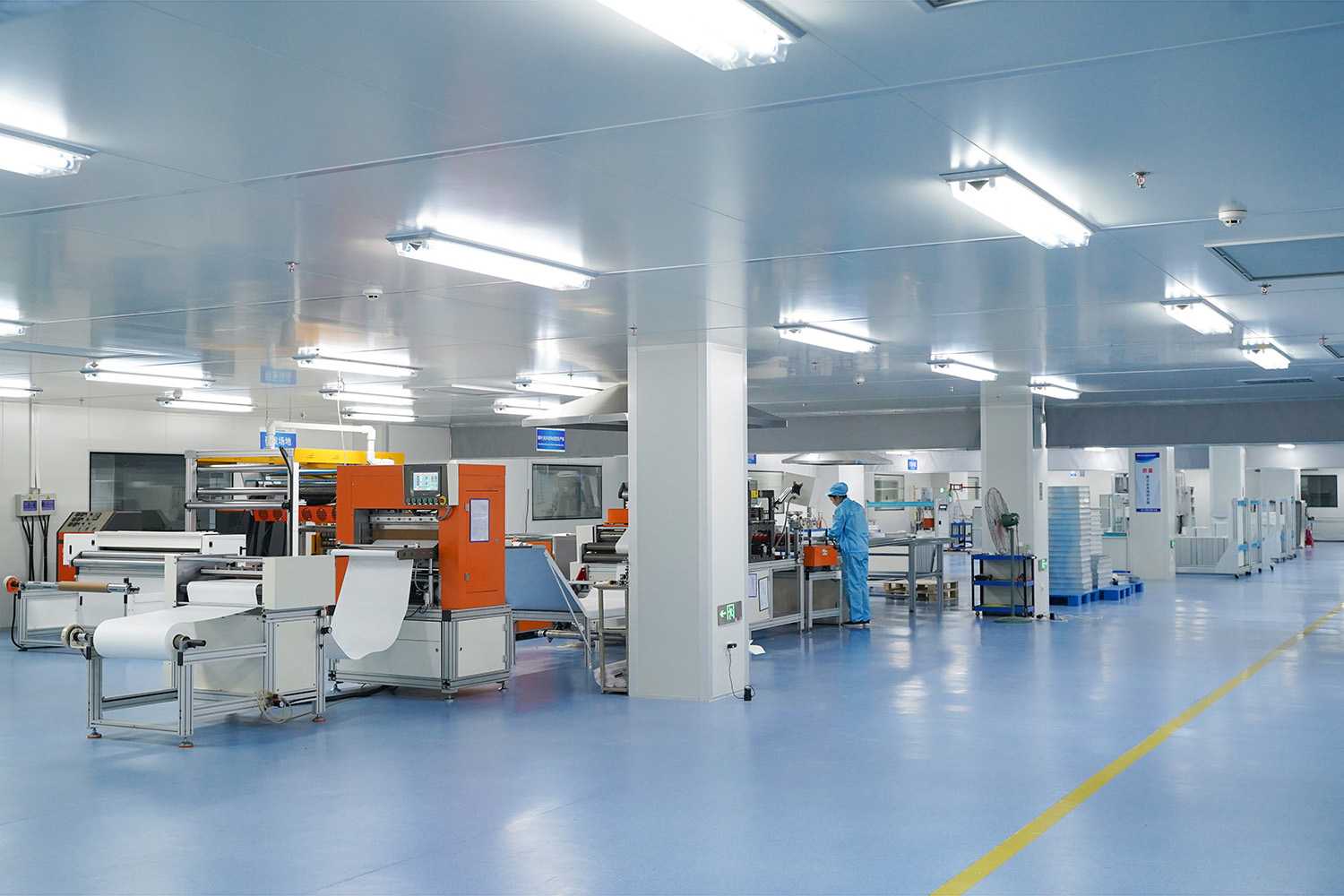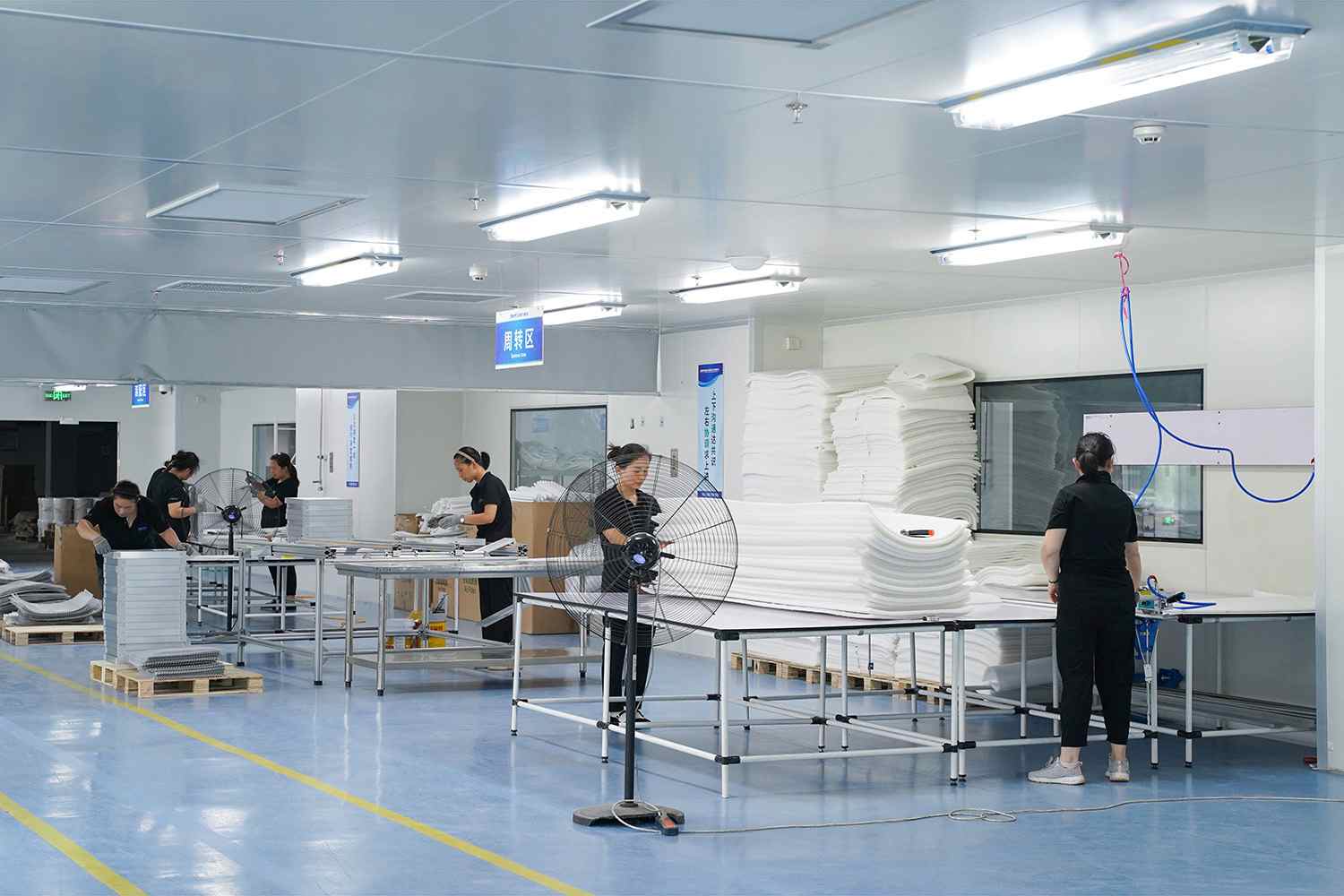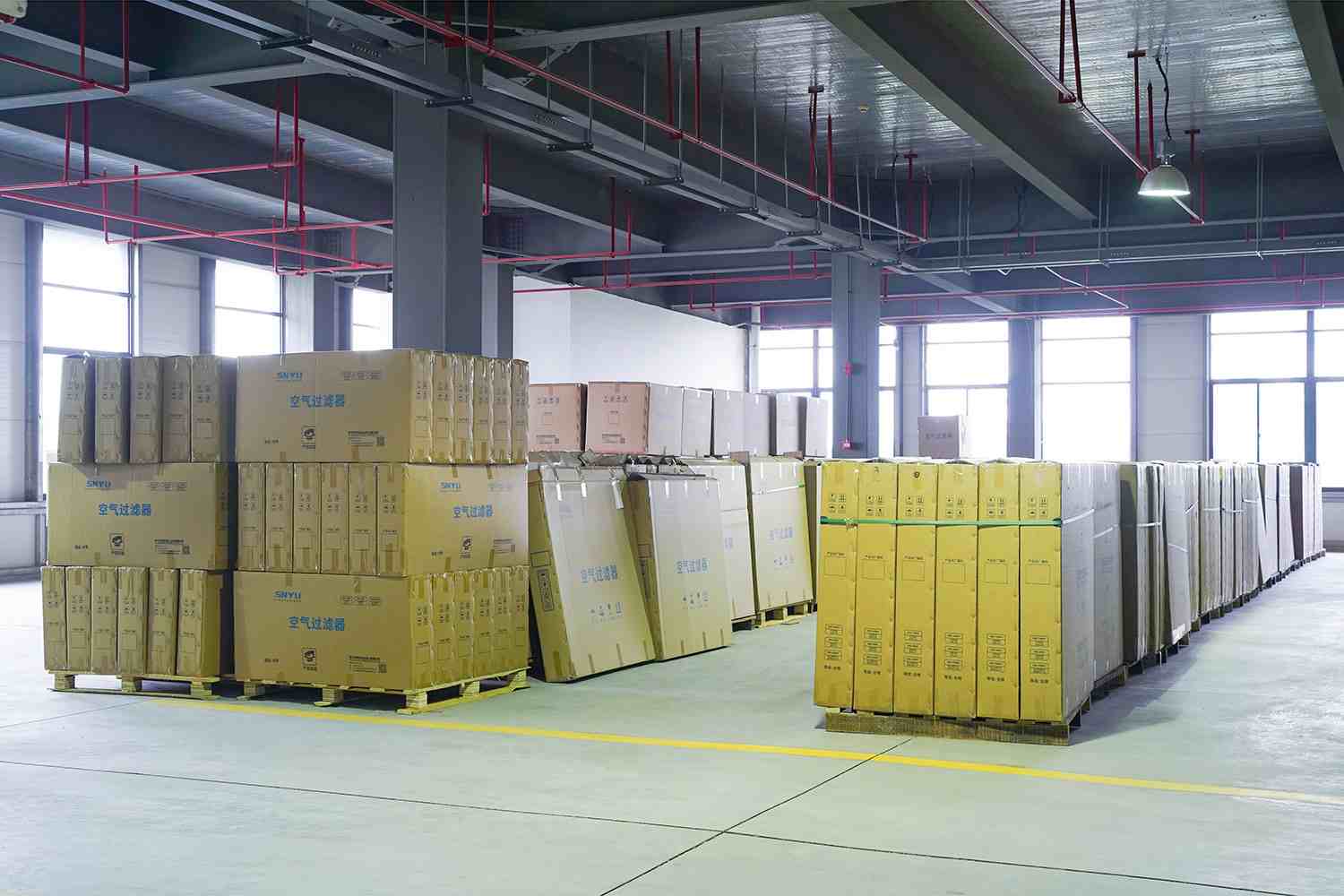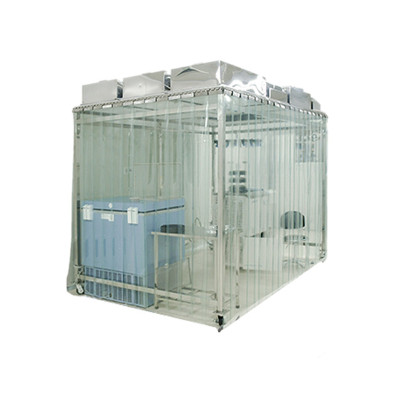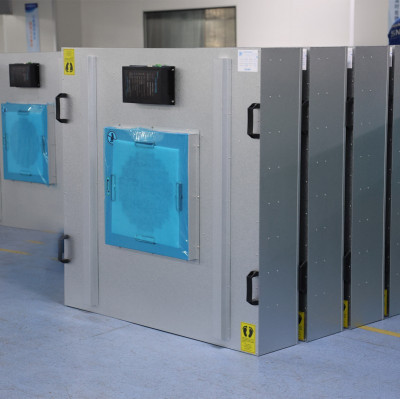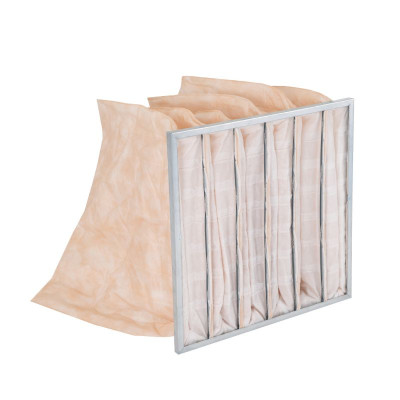FFU- The Cornerstone for Ensuring the Cleanliness of Precision Manufacturing
In the field of electronic manufacturing, from tiny chips to huge display panels, the success or failure of a product often depends on the cleanliness of the microscopic world. A tiny speck of dust can cause a short circuit in the circuit, a decline in performance or a sharp drop in product yield. Against this backdrop, the fan filter unit (FFU) has become an indispensable key infrastructure in the clean environment of the electronics industry, building a reliable "air defense line" for precision manufacturing.
Why does the electronics industry urgently need FFUs?
Electronic manufacturing, especially in the semiconductor and microelectronics fields, is one of the industries with the most stringent requirements for environmental cleanliness. Its core threat comes from suspended particulates.
Particle contamination: Particle contamination is one of the primary factors affecting product yield.
Electrostatic control: Air flow friction can generate static electricity. However, the FFU system can effectively control and eliminate static electricity accumulation by providing a stable and uniform vertical unidirectional flow, protecting electrostatic sensitive components.
The core role of FFU in cleanrooms in the electronics industry
FFU plays the role of a "guardian of the local environment" in electronic cleanrooms. Its main functions include:
Create and maintain high cleanliness: By continuously providing clean air filtered by HEPA/ULPA, achieve and maintain extremely high cleanliness levels such as ISO Class 1-5.
Form unidirectional flow (laminar flow) : Ensure that the air flows at a uniform speed in one direction, quickly removing the particles generated during operation from the product area to prevent cross-contamination.
Offer flexible production layout: Electronic products are updated rapidly, and production lines need to be adjusted frequently. The modular FFU system can be easily moved or added or deleted along with changes in the production line layout.
The key characteristics and high requirements of FFU systems in the electronics industry
To meet the extreme requirements of electronic manufacturing, the FFU system used must possess the following characteristics:
Ultra-high efficiency filtration capacity: ULPA (Ultra-High Efficiency Air Filter) must be adopted, with a filtration efficiency of over 99.999% for 0.12μm particles, to ensure the removal of the tiniest particulate matter.
Outstanding air flow uniformity: The stability and uniformity of air flow velocity are the key to ensuring the consistency of cleanliness.
Excellent compatibility of chemical filters: In modern semiconductor factories, merely controlling particulate matter is no longer sufficient. Molecular-level contamination, such as acidic gases, alkaline gases, dopants and condensed organic compounds, can also damage products. Therefore, FFU systems often need to be used in combination with chemical filters to form a comprehensive solution of FFU+ chemical filters, in order to adsorb and remove these gaseous molecular pollutants.
Advanced materials and structures: The box body materials are mostly made of aluminum-magnesium alloy or stainless steel, which are corrosion-resistant and less prone to particle precipitation, and the surface is treated with anodizing or spraying.
Intelligent control system
Electronic factories are usually large in scale and have tens of thousands of FFUs. The group control system is a necessity and can be realized
① Centralized monitoring and speed regulation: The operating status, wind speed, pressure difference and alarm information of each FFU can be monitored in the central control room.
② Energy-saving operation: According to the production plan and actual demand, the FFU wind speed is adjusted in different zones and at different times to achieve significant energy savings.
③ Predictive maintenance: The system can issue early warnings of filter blockage or fan failure, preventing unplanned shutdowns.
FFU main application scenarios
Semiconductor front-end manufacturing: core process areas such as photolithography zone, etching zone, ion implantation zone, and thin film deposition zone.
Semiconductor back-end packaging and testing: Chip packaging, bonding, and testing areas.
Flat panel display (FPD) : Array (Array), Cell (Cell), and Module (Module) processes for LCD/OLED panels.
Hard disk manufacturing: Precise assembly and testing of magnetic heads and platters.
Precision circuit boards (PCB) : Exposure and etching areas for high-density interconnect (HDI) boards and flexible printed circuits (FPC).
As the electronics industry moves towards smaller manufacturing processes and higher integration, the control over the production environment will only become increasingly strict.
FFU has evolved from a simple purification device to a core link in ensuring production yield, enhancing operational efficiency and achieving intelligent manufacturing. Investing in a high-performance and highly reliable FFU system is to safeguard the core competitiveness and future development of electronic manufacturing enterprises.
Welcome to contact us for more information!
Email: inquiry@snyli.com
Tel/Whatsapp: +86 15905311280

